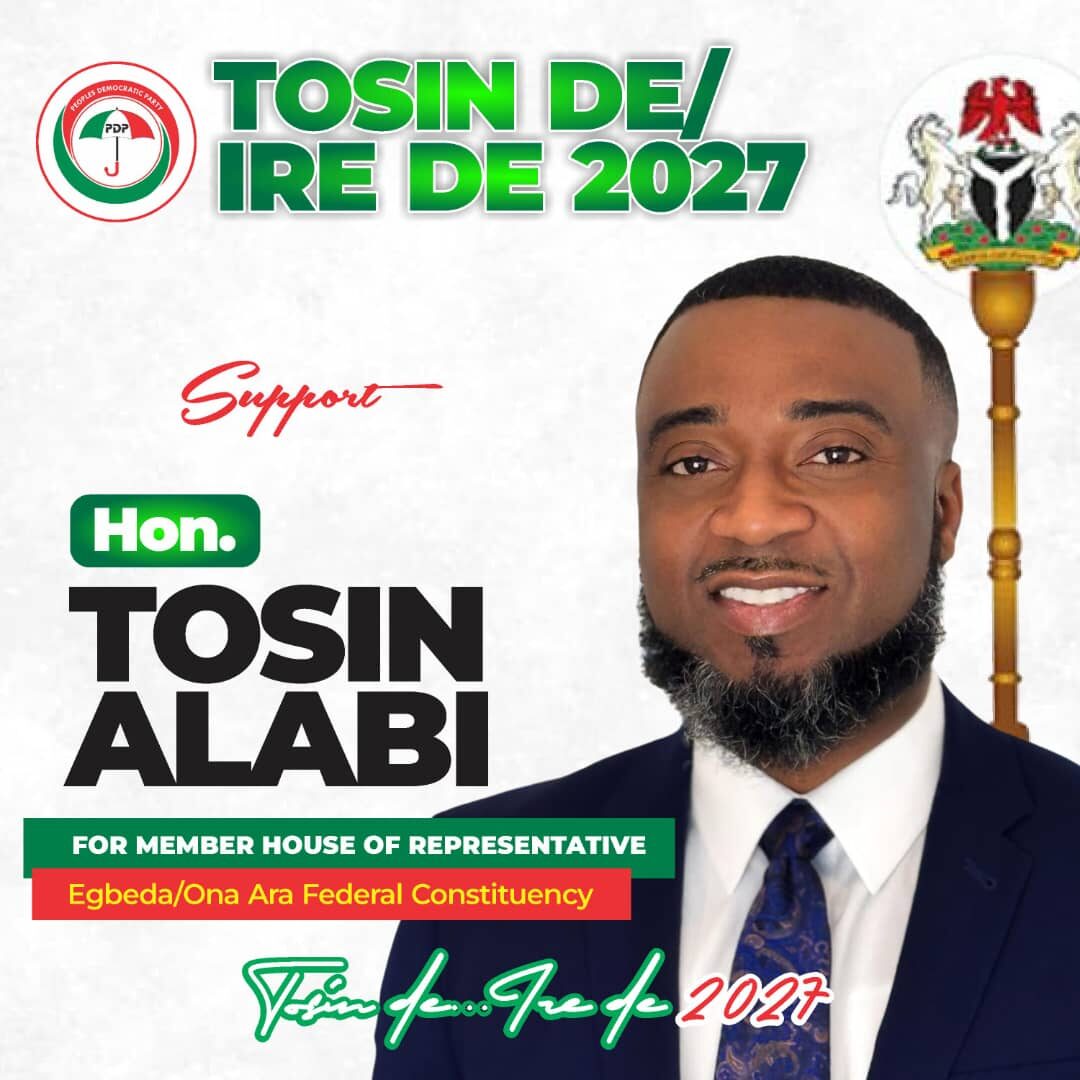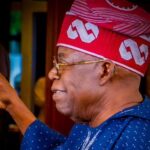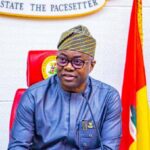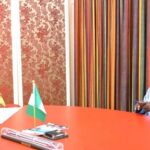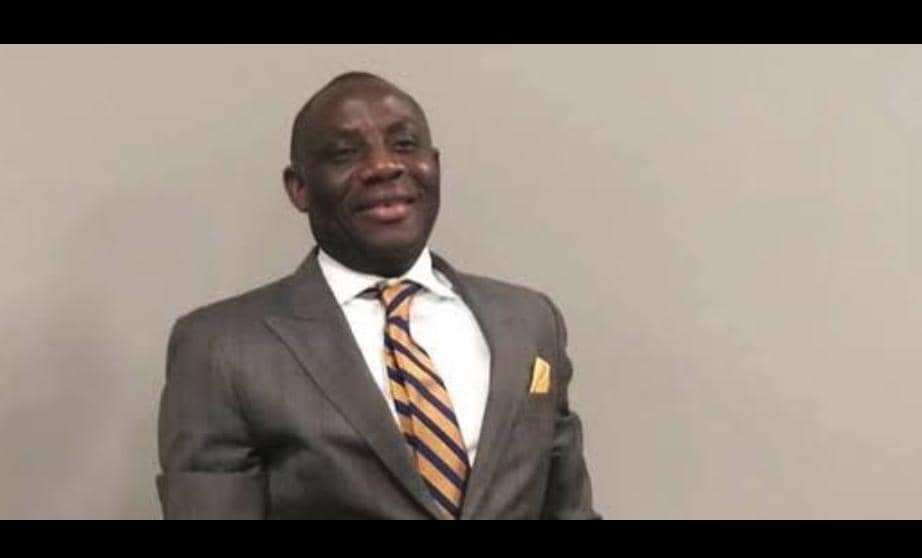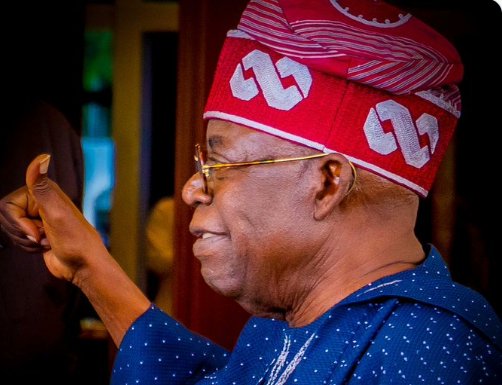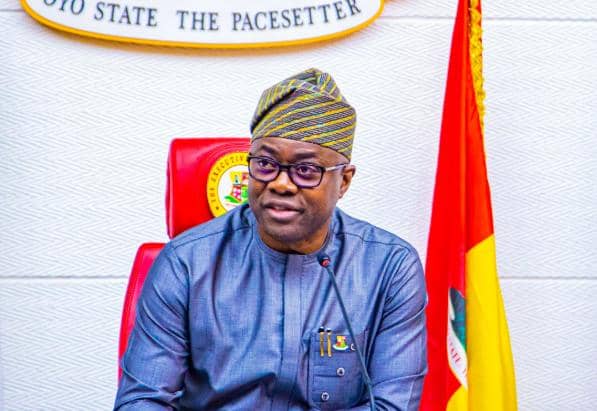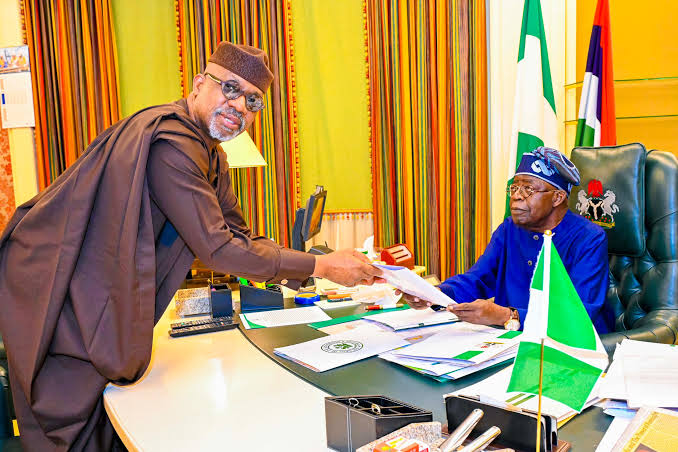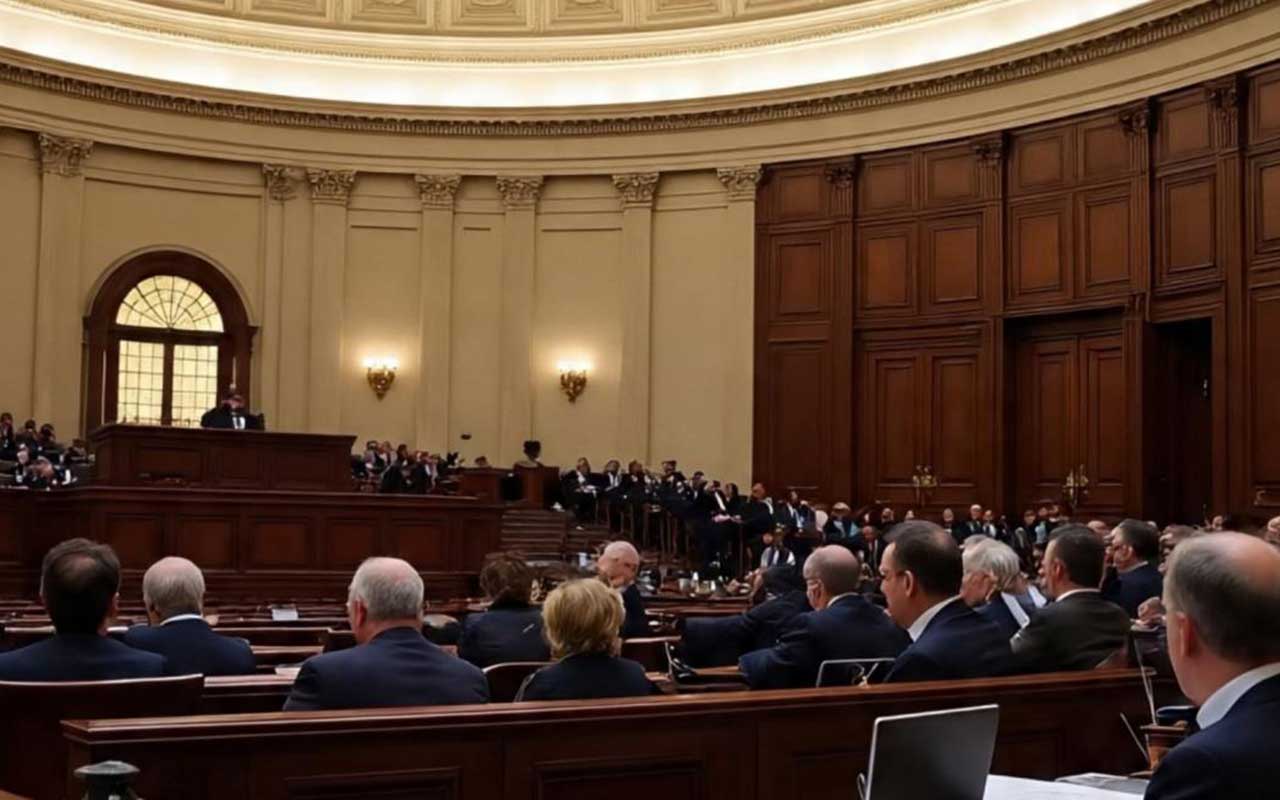The federal government has announced the integration of Artificial Intelligence (AI), in curriculum delivery, saying it was committed to delivering inclusive, future-ready education.
Minister of Education, Olatunji Alausa said this during the International Conference on Smart Education (ICSE) 2025 organised by the Universal Basic Education (UBEC) in collaboration with the Korean International Co-operation Agency (KOICA).
The minister also announced the target of integrating 10 million out-of-school children by 2027 as offshoot of education reform initiatives of the Federal Government under the Hope for Quality Basic Education programme (Hope-Ed) supported by the World Bank and Global Partnership for Education (GPE), and the Nigeria Education Sector Renewal Initiative (NESRI) initiatives.
During the conference, the minister reaffirmed Nigeria’s commitment to leveraging digital technology for transforming basic education across the country.
The high-level event brought together policymakers, development partners, school administrators, teachers, and digital education experts from across Nigeria and beyond.
The minister underscored the alignment of ICSE 2025 with President Bola Tinubu’s Renewed Hope Agenda, emphasising the centrality of human capital development.
Highlighting Nigeria’s youthful population—44% under the age of 15—the minister called for an urgent re-engineering of the education system to convert this demographic strength into a digital dividend.
“We must equip our children with 21st-century skills to avoid a demographic disaster,” he stated.
In his goodwill remark, the Ambassador of the Republic of Korea to Nigeria, Mr. Kim Pankyu, praised the strong collaboration between Korea and Nigeria in advancing smart education.
He commended UBEC’s Smart Schools Programme and reaffirmed KOICA’s commitment to supporting Nigeria’s digital transformation in basic education.
The Ambassador emphasised that Korea’s experience shows how digital education can be a driver of social inclusion and economic growth, and expressed optimism about Nigeria’s potential to replicate similar success.
UBEC Executive Secretary, Aisha Garba, noted that the conference was a strong reminder that innovation in education was no longer optional as it was imperative for Nigeria’s progress, inclusion, and global competitiveness.
She stressed that the objectives of the conference — fostering knowledge-sharing, addressing challenges in tech-based education, promoting scholarship, and accelerating development — aligned deeply with UBEC’s mandate to ensure equitable, inclusive, and quality basic education for every Nigerian child.
She said: “In a world increasingly defined by technology, fulfilling this mandate demands that we rethink education delivery, reimagine learning environments, and embrace innovation to bridge learning gaps and unlock the potential of every learner.
“The commission has moved beyond simply introducing technology into schools to building a systematic, sustainable model for integrating digital innovation into teaching and learning that is focused on empowering teachers and education managers with the skills and pedagogical strategies to transform classrooms into interactive, learner-centred spaces; creating culturally relevant digital resources aligned with Nigeria’s national curriculum, in collaboration with NERDC and EdTech partners; and ensuring access to appropriate technologies, from smart devices and VR labs to offline kits and solar-powered solutions for remote schools.”
Vice-Chancellor of Thomas Adewumi University, Oko, Kwara State, Professor Francisca Oladipo, commended UBEC and KOICA for hosting a “beautiful event that reflects Nigeria’s readiness for the future.”
She added that “smart education is not a luxury but a necessity to unlock Nigeria’s potential. It requires all hands on deck—from government to parents, teachers to tech innovators. Let this conference hold our leaders accountable and help us deliver on the Renewed Hope Agenda.”
She identified Nigeria’s demographic reality—projected to surpass 400 million by 2050 with 40% under 15—as both a challenge and an opportunity.
Despite the obstacles, Prof. Oladipo expressed optimism about the prospects for smart education in Nigeria pointing to expanding mobile access, growing EdTech innovation, and state-level initiatives in smart education in several states across the country such as Abia, Enugu, Jigawa and Niger as signals of progress.
She also highlighted federal government programmes like UBEC’s Teacher Internship Scheme and the National Digital Learning Policy as strategic enablers.
The conference was attended by delegates from several African countries including: Benin, Cameroun, Conakry, Congo, Ivory Coast, Kenya, Sao Tome, Sierra Leone, Togo, among others.
WARNING: If You Are Not 18+, Don’t Click The Link Below 👇🫣
https://disloyalmoviesfavor.com/m3e85u39j?key=f0014e9d9438d5115e4d66e73ca3f04b
https://poawooptugroo.com/4/8902554
Please don’t forget to “Allow the notification” so you will be the first to get our gist when we publish it.
Drop your comment in the section below, and don’t forget to share the post.
Never Miss A Single News Or Gists, Kindly Join Us On WhatsApp Channel:
https://whatsapp.com/channel/0029Vad8g81Eawdsio6INn3B
Telegram Channel:
https://t.me/gistsmateNG
